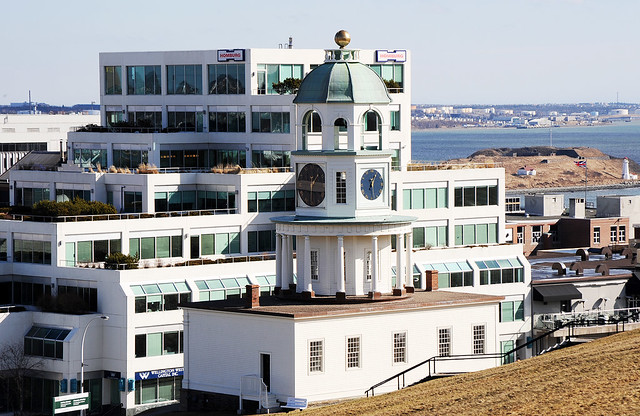Spacing Saturday highlights posts from across Spacing’s blog network in Vancouver, Toronto, Montreal, Ottawa, and the Atlantic region.


Following the recent release of new redevelopment plans, Andrew Witt tells the story of the controversial Little Mountain social housing redevelopment. The project has been criticized for decade late return dates, encouraging gentrification and falling short of new affordable housing units.
As part of his Price Points feature Gordon Price looks at the history of the Burnaby Metrotown as a harbinger of a growing regional awareness and planning initiative in the 1970’s in light of thesis work by David Pereira.
![]()
Devin Alfaro correctly predicted that the island of Montreal would be a battle ground in last spring’s federal election. Predicting a similar groundswell of change in Quebec’s coming provincial vote, Alfaro paints a picture of how all parties will vie for votes in Montreal and what this will benefit the city.
As declining patronage and financing force the conversion of churches across Quebec into other uses, Alexandre Campeau-Vallée asks the question of what will happen to the sound of church bells, noting that such bells are some of the last sounds to enjoy immunity in our quest to reduce urban noise.
![]()
Adria Young features a provocative public art installation on the site of Halifax’s new downtown convention centre. The installation, Town Square by Scott Saunders draws on the site’s public consultation controversy by populating the site with ghostly business figures.
Abad Khan provides an update on a story which appeared in the fall issue of Spacing Magazine about two different strategies to road widening proposals in Moncton and Halifax. Moncton’s bold approach of reducing car lanes has received vindication while Halifax’s road widening has become tangled in politics.
![]()
Spacing’s Dylan Reid reports back from the fascinating proceedings of a recent University of Toronto conference “Is there Planning Law or just City Politics?” The conference provided a lot of insight and opinions on Ontario’s convoluted planning process.
Niki Siabanis continues taking readers along her summer cycling journey from Toronto to Montreal, with the second day including a brief stint on the 401 and the beauty of the thousand islands.
![]()
While praising Ottawa’s Transportation Master Plan, Alex deVries synthesizes a golden rule that cycling advocates in the city must work around: “No change to drivers at any cost.” Devries uses a lists of successful project to show how cycling advocates have worked around this rule.
Alexandre Laquerre used his Maintenant & Avant feature this week to show off 110 years of change on the upper Rideau Canal showing a city that has both matured greatly and moved away from the railway.
Photograph by: Judy Malley
